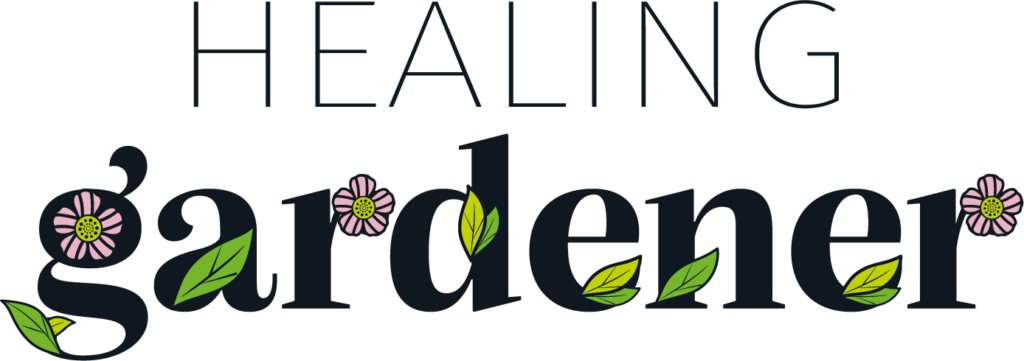The Project
Adults with disabilities still face significant challenges in accessing attractive and high-quality training opportunities. Many require a highly practical approach, minimizing theoretical content to prevent dropouts and maintain motivation. Having a clear training goal, such as finding employment or assisting others, can greatly impact a person with a disability success in completing a learning program. It is important to recognize that individuals with disabilities are experts through their own experiences of recovery. They have undergone treatments and care interventions to improve their well-being, often over many years. We aimed to shift the paradigm, empowering people with disabilities to provide green care to others. We involved them in creating nurturing, green environments that promote mental and physical well-being. For those who have been recipients of care for an extended period, it is deeply fulfilling to transition to a role of providing assistance and making positive impacts on others’ lives.
The HEALING GARDENER is a training program focused on therapeutic gardening for individuals with various disabilities. It teaches them how to establish therapeutic gardens and harness the benefits that nature brings to our lives. These gardens are established through hands-on training courses conducted in rehabilitation centers where participants receive treatment, or in public spaces accessible to the entire community. Through this participatory approach, learners actively contribute to the creation of a valuable rehabilitation tool for others in these locations, engaging in an enriching co-creative process to enhance the well-being of their communities. This project not only has provided gardening training to dozens of participants in three European countries but also has provided a permanent innovative learning and therapeutic space for all service users, students and clients of the participating organizations.
Objectives
- Development of an eLearning platform for adults with disabilities, including those with mental health challenges, mild to moderate developmental intellectual disabilities, autism spectrum disorder, and seniors with cognitive impairment. The platform focuses on therapeutic gardening to enhance their skills, key competences, socio-labor integration, and overall quality of life in an enjoyable and effective manner, thereby improving their learning opportunities.
- Improvement in the well-being of the trainees involved in the establishment of the gardens through fostering a sense of purpose and achievement. Improvement of wellbeing of the users of the gardens who will benefit from greener environments in various settings such as therapeutic centers, residential homes, hospitals and healthcare centers, schools, workplaces, homes, and other public and private spaces.
- Empowerment of individuals with fewer opportunities due to disability by entrusting them with the role of green caregivers. This initiative aims to increase their autonomy and enhance job opportunities within the emerging green sector.
- Raising awareness about environmental challenges among the target group through a practical and easily understandable approach.
- Increasing awareness about the environmental challenges society faces and the health benefits of natural environments. Promoting a greater eco-minded responsibility within society as a whole.
- Creation of innovative and welcoming spaces for learning, teaching, self-improvement, and social interaction. Therapeutic gardens serve as places to engage and train the senses, memory, and motor skills. They offer opportunities for relaxation, deeper concentration, increased stamina, improved hand-eye coordination, as well as fostering a sense of independence and control
Activities
- Designing and developing an innovative curriculum on therapeutic gardening for adults with disabilities: The Healing Gardener training course.
- Implementing four pilot courses in Spain, Greece, and Germany, delivering specific training on therapeutic gardening to more than 40 adults with disabilities over the course of a year. The outcome? Four therapeutic gardens conceived as inclusive healing and learning spaces.
- Developing the Healing Gardener toolkit, which includes:
- A manual to become a Healing Garden tour guide: Our participants are ideal candidates to showcase the characteristics and benefits of the established therapeutic gardens.
- The Biophilic Design portfolio: Nature can thrive not only outdoors but also indoors. This catalogue offers suggestions for incorporating nature into our therapeutic centers, teachning centers, hospitals, workspaces, and homes, etc.
- Virtual tours of the gardens: Providing an initial virtual experience of the benefits of a therapeutic garden.
- Establishing the first European network of Healing Gardeners: The beginning of further initiatives related to nature-based therapies where are Healing Gardeners will play a major role.
